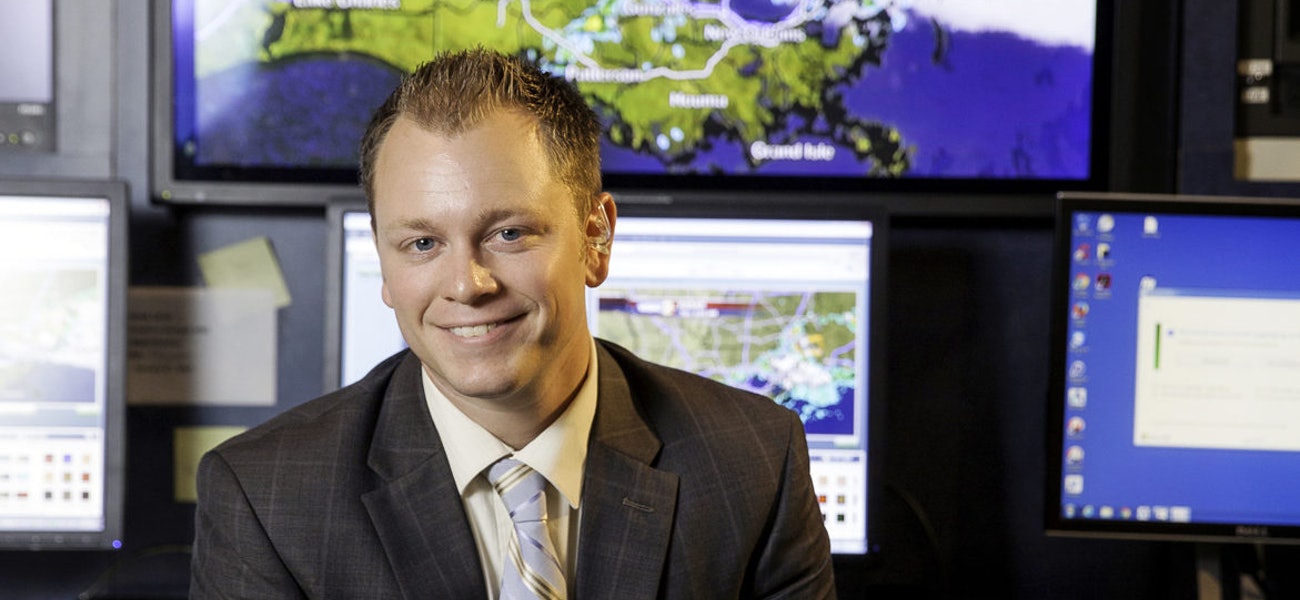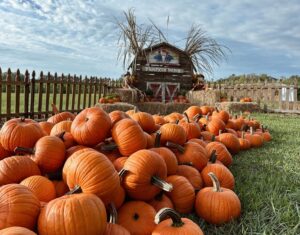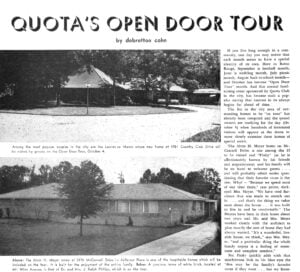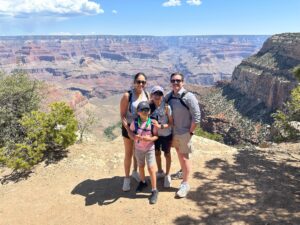Prep for peak hurricane season with tips from meteorologist Josh Eachus
With September just around the corner, it’s time to look forward to the historical height of hurricane season, and what we in one of the most vulnerable niches along the Gulf Coast can do to prepare our homes for the big one. What type of insurance is best? What chores can we do around the house to ensure minimum damage due to rain and wind? How much—and what sorts—of supplies should we keep on hand? In the spirit of preparedness, we reached out to WBRZ meteorologist Josh Eachus, better known locally as “Dr. Josh,” for the answers to these and more questions about staying safe in the midst of storm season.
First up, make sure you’re protected financially, not just materially.
“(Have) and check your insurances—homeowners or renters,” he says. “As Insurance Commissioner Jim Donelon says, ‘Know what coverage you have and more importantly, or equally important, know what is not covered.’ Hurricanes bring two big problems: wind and water. Flood damage from heavy rain is not included in most homeowners policies, which is why flood insurance is so important in Louisiana. Most policies come with named storm and hurricane deductibles that typically run anywhere from 1% to 5% of your property’s insured value. Also, know what you have inside. Document with pictures and notes on your smart device.”
Second, don’t forget about the little things that can offer big relief.
“Trim branches away from your home. Have a way to secure loose objects outside. Clean out your gutters and make sure soffits are installed properly,” says Eachus. “These types of chores take just a few hours each and can be done on a weekend. Put together a supply kit with the basics—water being the most important. You should have 2 quarts per day per person in the household. Get a few plastic totes to store in a garage or attic, and fill them with water, food, copies of important documents, battery-powered electronics, etc.”
Last, pay close attention to what your friends and family may share on social media, and always affirm that your information is coming from a valid source.
“Being a good neighbor is not just about physical assistance. In our increasingly technological times, we all need to be wary of sources that issue their own alerts or share ‘forecast model’ images,” says Eachus. “One model (GFS, European, Canadian, etc.) is just one of dozens of potential outcomes. Especially when storms are days away from landfall, these types of social media messages spread misleading information. Please do not share these if you see them! Studies have shown that clear and consistent messages result in a better understanding of the forecast. Sharing irresponsible weather information from a variety of sources can send mixed messages to your family, friends and neighbors, leading them into questionable decision making.”
For more information about emergency supply lists, evacuation routes or anything else a Louisianan needs to prepare for hurricanes, check out WBRZ’s full list of suggestions at wbrz.com/hurricane-center.










